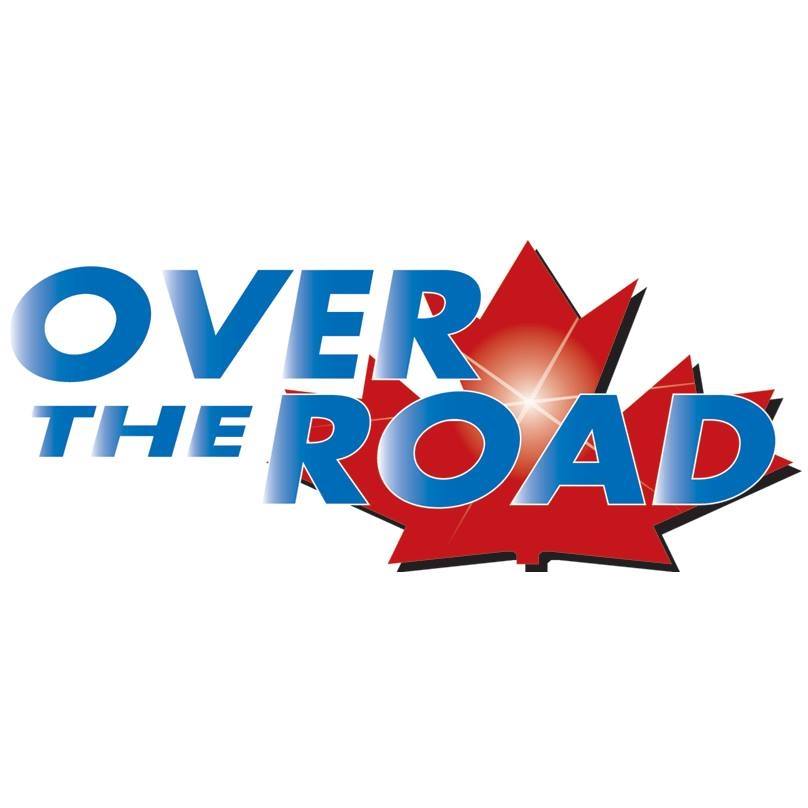Making Payments on Your 2012 Income Tax?

30-35% of operators make monthly payments on their prior year’s income tax. Primarily because bit by bit over the year(s) the operator’s tax savings account was ignored or eaten up by personal financial draws. That is to assume they were advised to be putting money aside for taxes in the first place.
When an operator doesn’t put money aside they are unpleasantly surprised in June… then (usually) they start making payments in July or August (maybe September if they can drag it out that long). Lack of understanding regarding cash flow and tax liabilities can be a huge bucket of ice water on business and personal cash flow.
However, there are more things to do than just sock away cash in advance. Operators can actually reduce the amount owing if they plan ahead and change reporting systems.
The average truck driver claims annual taxable income of between $50-$55,000 and pays taxes of $12-$18,000 per year (as a self-employed operator). All else being equal, using the per diem system (aka: subsistence allowance, meal allowance, non-taxable benefits) an operator only claims $25-$30,000 in taxable income and therefore only pays taxes of $2-$12,000. That’s a $10,000 savings!
The Per diem system doesn’t just defer taxes (like RRSP’s do). It’s an actual tax reduction system. It’s also not new. It’s been around for decades. Actually the old timers should be able to remember the days when companies paid a meal allowance per day to their drivers (if they remember it was not taxed. However, the non-taxable benefit system was abandoned almost universally by the trucking companies in the mid 1980’s. It was replaced by the TL2 simplified method (now $51.00 per day). The simplified method converts the $51.00 (on your T1 income tax return) to a non-refundable tax credit of only $13.60 per day (BEST province).
This non-taxable system has seven disadvantages which, coupled with Zombie-like hoards of disinformation, can so intimidate operators they “hit the ditch” on the opportunity. If you are interested in listening to the seven disadvantages just go to our website and download (for free) the two and a half hour CD or pod cast.
When I was writing my book in 2006 (released 2007) I remember the early morning I ran the total Canadian tax savings on my calculator. The blood ran from my forehead as it showed Hundreds of millions of dollars per year! With that volume of savings I was convinced operators would tsunami toward the opportunity. However, since then I have reevaluated the reaction and realized many operators and accountants have frozen into the $12-$18,000 results. It appears that unless an operator is trained one at a time by an accounting firm, most are intimidated by the complexity and change.
Typical tax savings advice to operators has therefore been reduced to a couple ill-logical alternatives. “Buy a new truck to reduce taxes”. As if sending $100,000 to a financing company (over a few years) is better than $35,000 to CRA (over the same number of years), in addition to having to deal with fuel consumption differences (sometimes) or higher maintenance costs (probable after warranty).
The other advice is the age old “it’s better to lease than finance” (usually advised by salesman who typically get a kickback for leasing rather than arranging financing). As I outlined in my book the benefits are usually to depreciation rather than lease expenses with two temporary exceptions: initial year of down payment (depending on month of signing) and the final year in the term (if very low buyout). However, both exceptions are temporary and DO NOT REDUCE TAXES but only bumps tax liabilities into the future (defer).
When it comes to REDUCING TAXES there is only one method, changing from taxable income into a non-taxable benefit. It’s more work, complicated and slow to get started but IT WORKS! The best things in life are free. The best business systems however are not. It requires work effort and co-operation. Download the seminar… check out your alternatives.
